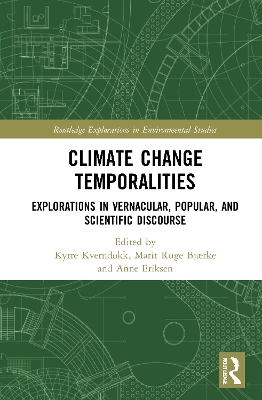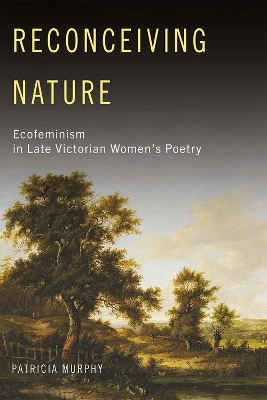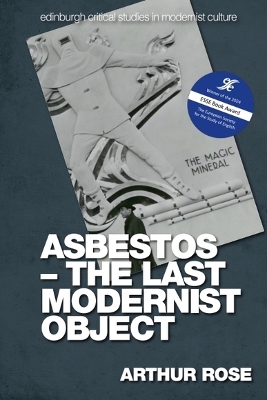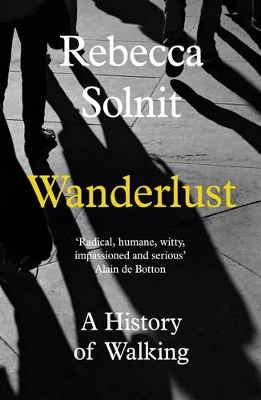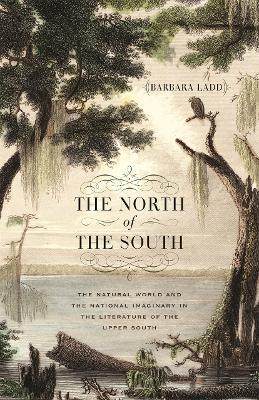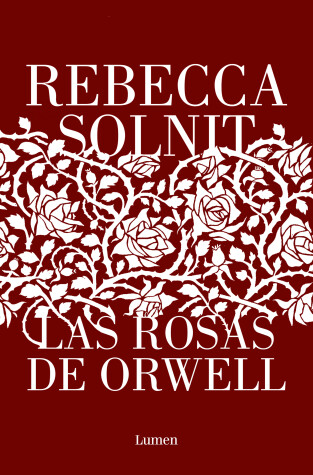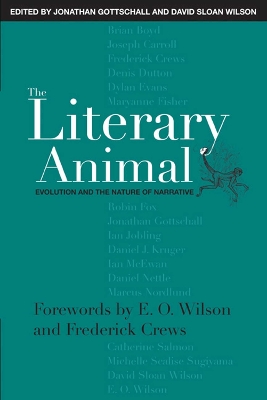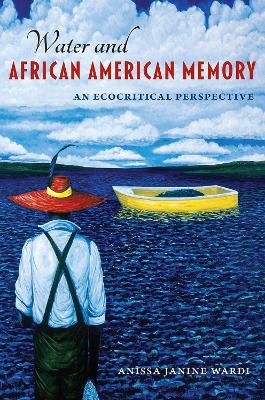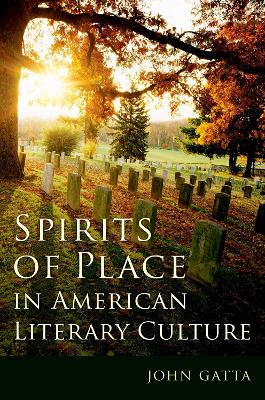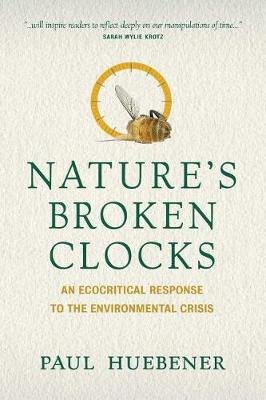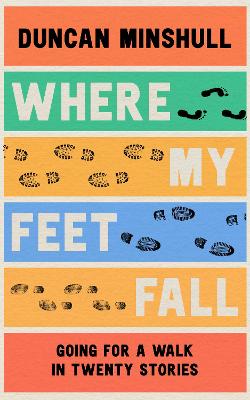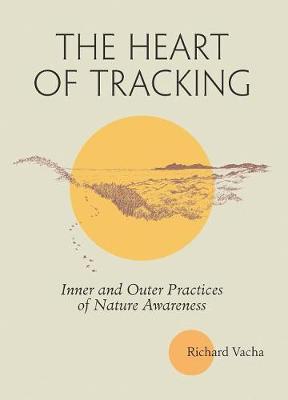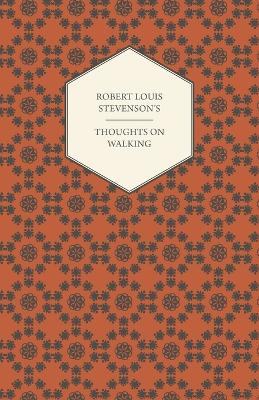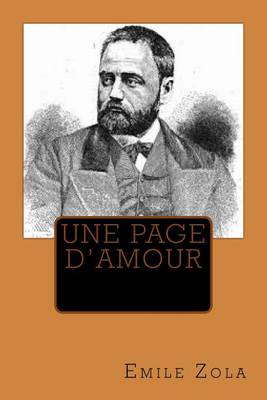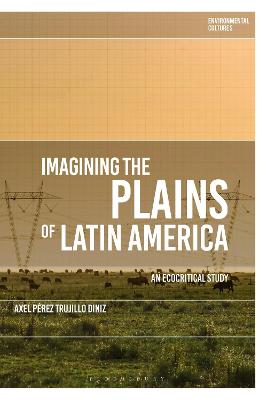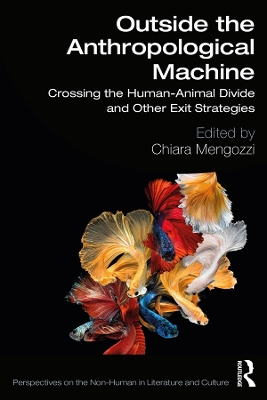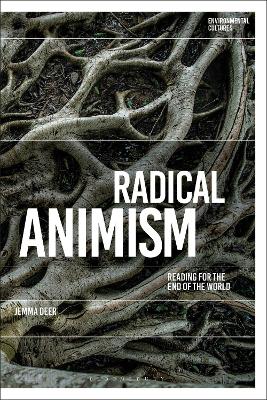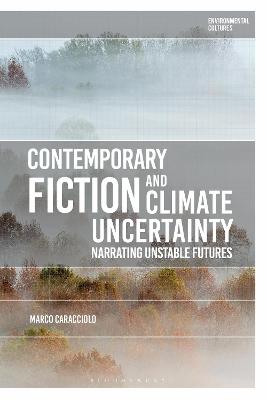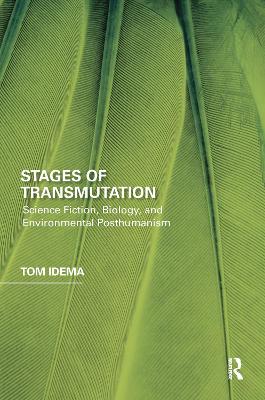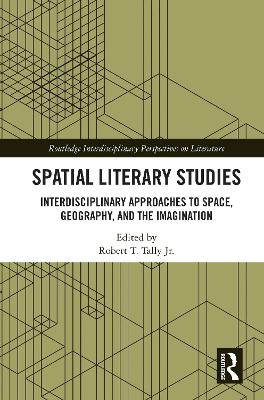Climate Change Temporalities (Routledge Explorations in Environmental Studies)
Climate Change Temporalities explores how various timescales, timespans, intervals, rhythms, cycles, and changes in acceleration are at play in climate change discourses. It argues that nuanced, detailed, and specific understandings and concepts are required to handle the challenges of a climatically changed world, politically and socially as well as scientifically. Rather than reflecting abstractly on theories of temporality, this edited collection explores a variety of timescales and temporali...
Glimmerings of ecofeminist theory that would emerge a century later can be detected in women's poetry of the later Victorian period. Patricia Murphy examines the work of six "proto-ecofeminist" poets - Augusta Webster, Mathilde Blind, Michael Field, Alice Meynell, Constance Naden, and L. S. Bevington - who contested the exploitation of the natural world. Challenging prevalent assumptions that nature is inferior, rightly subordinated, and deservedly manipulated, these poets instead "reconstructed...
Asbestos the Last Modernist Object (Edinburgh Critical Studies in Modernist Culture)
by Arthur Rose
Few modern materials have been as central to histories of environmental toxicity, medical ignorance, and legal liability as asbestos. A naturally occurring mineral fibre once hailed for its ability to guard against fire, asbestos is now best known for the horrific illnesses it causes. This book offers a new take on the established history of asbestos from a literary critical perspective, showing how literature and film during and after modernism responded first to the material's proliferation th...
What does it mean to be out walking in the world, whether in a landscape or a metropolis, on a pilgrimage or a protest march? In this first general history of walking, Rebecca Solnit draws together many histories to create a range of possibilities for this most basic act. Arguing that walking as history means walking for pleasure and for political, aesthetic, and social meaning, Solnit homes in on the walkers whose everyday and extreme acts have shaped our culture, from the peripatetic philosoph...
The North of the South (Mercer University Lamar Memorial Lectures)
by Barbara Ladd
Over the past generation the Deep South has become the primary focus, and the plantation the predominant site, in southern literary studies. These developments followed academic interest first in postcolonial studies and more recently in globalization studies and conceptions of the Global South. With The North of the South Barbara Ladd turns her attention to the Upper South, exploring the fluidity of regional boundaries in this part of the world. In so doing she argues for greater attention to...
A partir de la figura de George Orwell, la gran pensadora de nuestro tiempo nos insta a la reflexión en un libro urgente, hermoso y esperanzador. «En el año 1936, un escritor plantó unas rosas». Así comienza el nuevo libro de Rebecca Solnit, una reflexión sobre un jardinero apasionado que fue, además, la voz más importante del siglo XX frente a la mentira y el totalitarismo: George Orwell. A partir de su inesperado encuentro con aquellas rosas que Orwell cultivó hace más de ochenta años y que s...
The Literary Animal (Rethinking Theory)
In recent years, articles in major periodicals from the New York Times Magazine to the Times Literary Supplement have heralded the arrival of a new school of literary studies that promises-or threatens-to profoundly shift the current paradigm. This revolutionary approach, known as Darwinian literary studies, is based on a few simple premises: evolution has produced a universal landscape of the human mind that can be scientifically mapped; these universal tendencies are reflected in the compositi...
While there is no lack of scholarship on the trans-Atlantic voyage and the Middle Passage as tropes in African diasporic writing, to date there has not been a comprehensive analysis of bodies of water in African American literature and culture. In Water and African American Memory, Anissa Wardi offers the first sustained treatise on watercourses in the African American expressive tradition. Her holistic approach especially highlights the ways that water acts not only as a metaphorical site of t...
What might it mean, existentially and spiritually, for humans to form an intimate relation with particular sites or dwelling places on earth? In ancient Rome, the notion of a locale's genius loci signaled recognition of its enchanted, enspirited identity. But in a digitalized America of unprecedented mobility can place still matter as seed ground for the soul? Such questions have been broached by ecocritics concerned with how place-inflected experience figures in literature, and by theologians c...
The environmental crisis is, in many ways, a crisis of time. From the distress cries of birds that no longer know when to migrate, to the rapid dying of coral reefs, to the quickening pace of extreme weather events, the patterns and timekeeping of the natural world are falling apart. We have broken nature's clocks. Lying hidden at the root of this problem are the cultural narratives that shape our actions and horizons of thought, but as Paul Huebener shows, we can bring about change by developin...
Where can a walk take you? It goes without saying, walking can connect us to our surroundings and free us from our worries. It can raise our heart rate and relax our minds. It can lead us across historic ground and inspire new thinking. In this beautiful collection, twenty outstanding writers set out with old memories and new adventures. 'I've always hated walking,' Harland Miller offers as his precis, while Ingrid Persaud and Agnes Poirier consider the rituals of pilgrimage...
Robert Louis Stevenson's Thoughts on Walking - Walking Tours - A Night Among the Pines - Forest Notes
by Robert Louis Stevenson
Imagining the Plains of Latin America (Environmental Cultures)
by Axel Perez Trujillo Diniz
From the Pampas lowlands of Argentina, Uruguay and Brazil to the Altiplano plateau that stretches between Chile and Peru, the plains of Latin America have haunted the literature and culture of the continent. Bringing these landscapes into focus as a major subject of Latin American culture, this book outlines innovative new ecocritcial readings of canonical literary texts from the 19th century to the present. Tracing these natural landscapes across national borders the book develops a new transna...
Outside the Anthropological Machine (Perspectives on the Non-Human in Literature and Culture)
In the midst of the climate crisis and the threat of the sixth extinction, we can no longer claim to be the masters of nature. Rather, we need to unlearn our species’ arrogance for the sake of all animals, human and non-human. Rethinking our being-in-the-world as Homo sapiens, this monograph argues, starts precisely from the way we relate to our closer companion species. The authors gathered here endeavour to find multiple exit strategies from the anthropocentric paradigms that have bound the hu...
The reckoning of climate change calls for us to fundamentally rethink our notions of human centrality, superiority and power. Drawing on a wide range of modern writers and thinkers – from Freud and Darwin to Latour and Derrida, from Shakespeare and Carroll to Woolf and Kafka – Radical Animism develops a new theory of life for a planet in crisis. In this original and timely work, Jemma Deer reframes our thinking of the Anthropocene with ideas from anthropology, astronomy, deconstruction, evolutio...
Contemporary Fiction and Climate Uncertainty (Environmental Cultures)
by Professor Marco Caracciolo
This open access book argues that storytelling is an important resource in coming to terms with the loss of the feeling of living a grounded existence where the future remains relatively stable and predictable. Faced with the specter of climate catastrophe, we lose confidence in the future-a well-documented response in the environmental movement, for example. Yet stories, and in particular sophisticated fictional stories, can help us negotiate that uncertainty: they offer affective and imaginati...
Stages of Transmutation (Perspectives on the Non-Human in Literature and Culture)
by Tom Idema
Stages of Transmutation: Science Fiction, Biology, and Environmental Posthumanism develops the theoretical perspective of environmental posthumanism through analyses of acclaimed science fiction novels by Greg Bear, Octavia Butler, Kim Stanley Robinson, and Jeff VanderMeer, in which the human species suddenly transforms in response to new or changing environments. Narrating dramatic ecological events of human-to-nonhuman encounter, invasion, and transmutation, these novels allow the reader to un...
Spatial Literary Studies (Routledge Interdisciplinary Perspectives on Literature)
Following the spatial turn in the humanities and social sciences, Spatial Literary Studies: Interdisciplinary Approaches to Space, Geography, and the Imagination offers a wide range of essays that reframe or transform contemporary criticism by focusing attention, in various ways, on the dynamic relations among space, place, and literature. These essays reflect upon the representation of space and place, whether in the real world, in imaginary universes, or in those hybrid zones where fiction mee...
